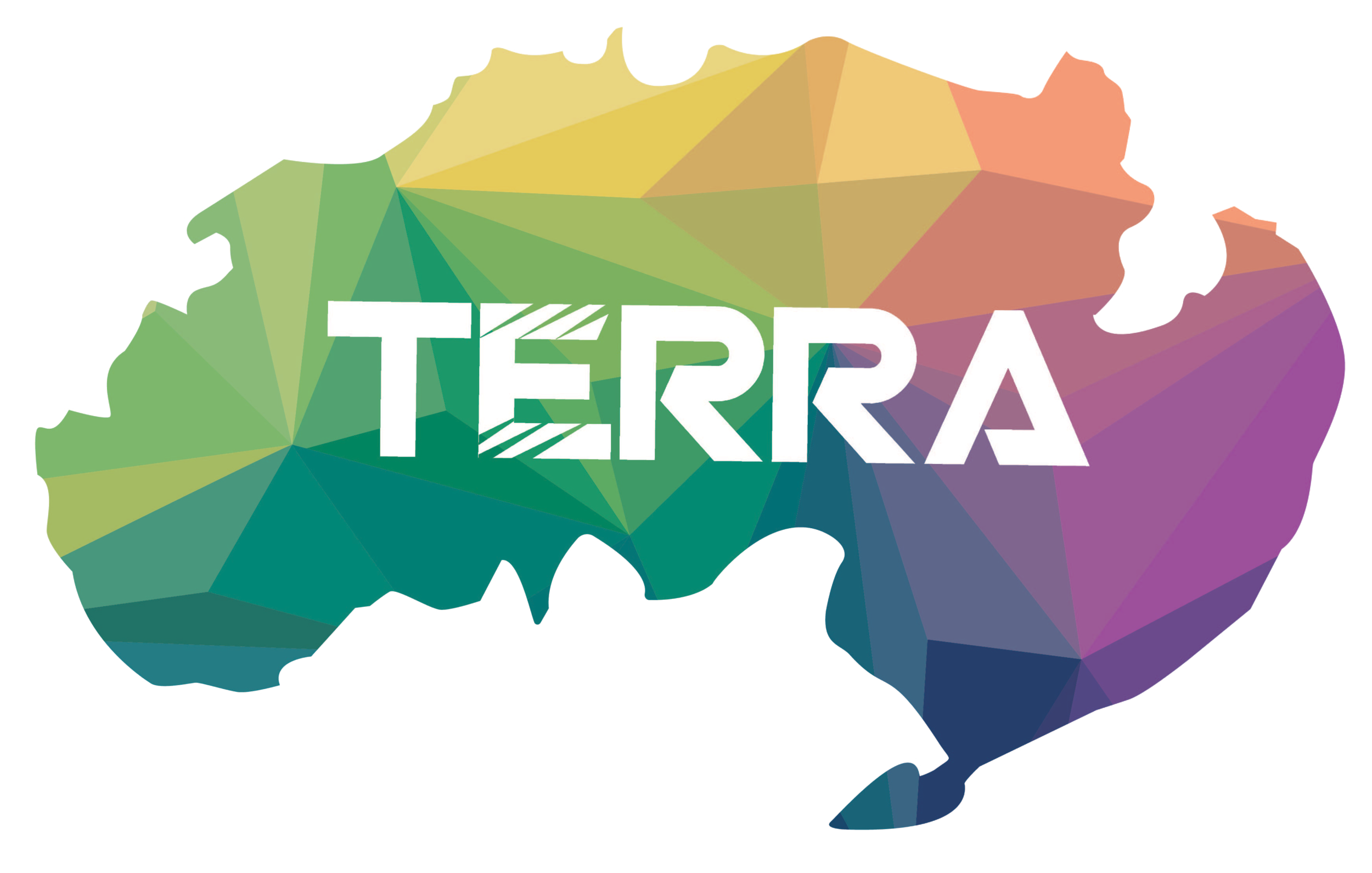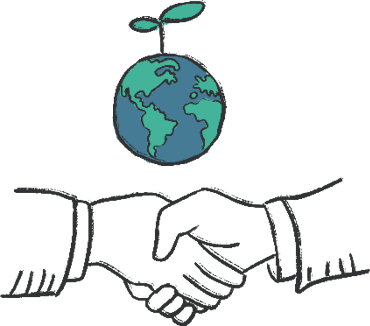In the new 2021 Secondary One Geography Syllabus, students will understand the importance of water to our lives and how they can each play a part in ensuring clean water is accessible for generations to come.
Our water, our environment, and our people share a complex yet interdependent relationship, making transformative and experiential learning approaches like AQUAVENTURE invaluable alongside the content covered in the classroom.
Taking learning beyond the conventional classroom format, the AQUAVENTURE programme offers a series of activities encompassing memorable gamified and hands-on learning experiences.
These activities will introduce students to global and local water issues, such as:
Marine pollution
Water consumption
Water management, and more!
Turn your classroom into an upbeat and interactive trivia game show with this exclusive programme focused on water! This programme models questions based on two United Nations Sustainable Development Goals:
This programme invites students to consider differing perspectives, reflect on their use of water, and engage in lively debate with their peers. In groups of 4 to 5, students will discuss their views and arrive at answers to thought-provoking questions.
In 2050, will there be more fish or plastic in the ocean – and why? Which reduces one’s personal water footprint by a greater amount, abstaining from pork for a meal or foregoing a shower – and why?
This educational game show programme will provide an avenue for students to consider water-related sustainability issues and gain fresh perspectives on water as a resource.
Sustainable management of water is a topic that involves intricate relationships between our water bodies, our environment and us.
The methods which United Nations and Singapore are employing to sustainably manage water use.
Debating skills that will help them formulate logical arguments using existing information.
How much do students understand the consequences of marine pollution? Through an informative presentation and a guided hands-on upcycling workshop, students will explore the marine pollution issue in Singapore. How significant can a plastic bottle in our oceans be? Reflecting on this question, students will employ creative waste reduction techniques to create artwork that is a symbolic representation of their commitment towards protecting the marine environment.
Marine pollution is an urgent problem with dire consequences, including loss of marine life and a reduced supply of potable water
Our overconsumption and waste of water can impact global communities
Sustainable management of water is a concerted and global effort, requiring the cooperation of the masses.
Add an artistic flair to the Geography classroom with this exciting upcycling workshop! Through a guided comprehensive in-class workshop, students will learn how they can turn unwanted cartons into beautiful bedside lamps. All cartons are made of disused plastic and could have contributed to the global marine pollution problem.
The process of transforming waste into a functional decoration provides students with a new and innovative way to reduce marine pollution and understand how sustainability can be applied in their everyday lives. At the end of the programme, students will take home a beautiful lamp that will remind them of the important lessons they have learned about sustainability.
Their everyday habits and actions can have a significant effect on the marine environment.
Sustainability is practical and students can contribute to a larger movement when they apply sustainability concepts in other aspects of their lives.
Creativity is a big part of sustainability – we need to rethink the possibilities behind our resources to help us get the most out of what we have.

















































